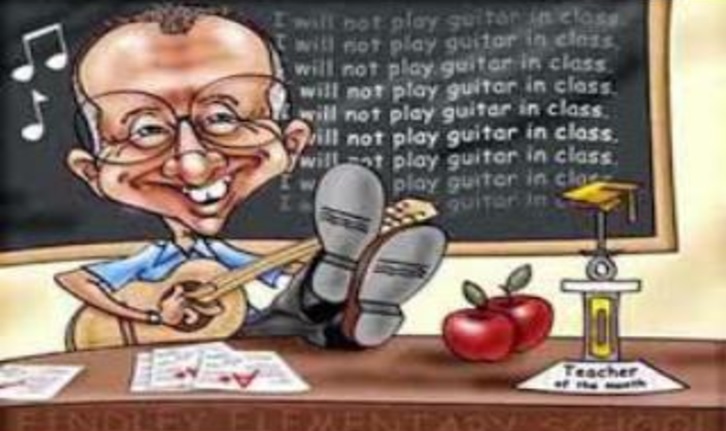In my quest to understand everything about the voice, I have spent over $10,000 in purchasing off the shelf singing programmes. I have personally taken lessons with many different singing teachers, both locally and internationally over the years, in an attempt to discover the holy grail of vocal development techniques. My goal has always been to take a mere mortal voice and turn it into something extraordinary. I have also sought to understand the various limitations of the average voice and to develop innovative concepts to help singers perform at their best.
Throughout my journey, I have met many singing teachers and have tried many different variations on traditional teaching methods. These teachers all quoted from the same textbook definitions of what good vocal and breathing technique should sound and feel like. With few exceptions, most of these singing teachers were unable to demonstrate the vocal and breathing coordination that they spoke of to a consistently high standard.
After a while, the cold, hard truth dawned on me. Many of the singing teachers that I had received instruction from did not understand singers breathing any better than their students did.
They were simply either born with bigger sets of vocal cords, or were blessed with additional length on their vocal cords. These attributes allowed them to commit more vocal sins than the average person can. This leads to a very interesting subject for today’s post.
Traditional singing teachers and their singing methods tend to produce disappointing, or subpar results for many of their students. This is because they approach the art of vocal development purely in a mechanical, one-dimensional manner. Traditional singing teacher methods tend to simply come from a “hand me down” from teacher to student. As long as the student replicates what their teacher taught them without giving thought to improving on the method, or questioning the process, the science of vocal development and performance will continue in a downward spiral.
“No BS” fact number one: For some people that are born with all the prerequisite, complementary attributes to make a great singing voice, any subpar singing method will still produce amazing results. This is not due to the teaching method or content, it is simply due to the fact that this person is naturally born with bigger than average vocal cords and blessed with additional length in those cords. These generous attributes, combined with a wider than average windpipe, will naturally fast-track anybody’s vocal progress.
But what happens when a singer wants to sing but is not blessed with all of the above qualities? This is where traditional singing methods using traditional teaching systems will fail many singers in a spectacular fashion.
Traditional singing methods…
- Fail to innovate and fail to question traditional methodology
- Only focus one-dimensionally on growing the voice
- Fail to identify and remedy various psychological performance handbrakes that impact on a singer’s ability to perform outside their self-imposed comfort zone
- Lack the necessary skills to approach vocal development in a three-dimensional, holistic manner.
A vocal performance coach truly cares about performance.
They innovate and constantly audit their own performance. This applies to their delivery system as well as their actual coaching content. A vocal performance coach knows how to identify a student’s preferred way of learning, then customise coaching techniques accordingly to fast track vocal development.
I cringe every time somebody introduces themselves as a singing teacher. This is because a teacher’s sole objective is to teach and they often miss the opportunity to learn from their students. Their students hold the key to helping us to develop new, bridging coaching concepts and coaching content based on the needs of the individual singer.
My message to singing teachers: Throw away the textbook. Question everything you have learned about the voice and ask, “is there a better way?” This simple philosophy will lead to innovation and pave the way to future generations of happier, healthier, more confident singers.
Better singing everyone!

